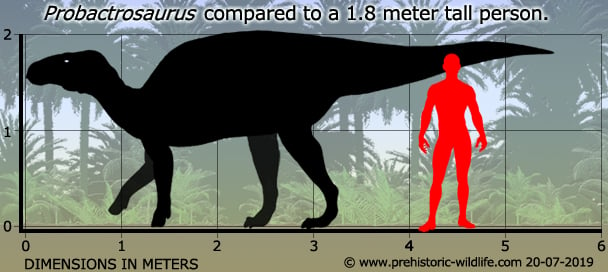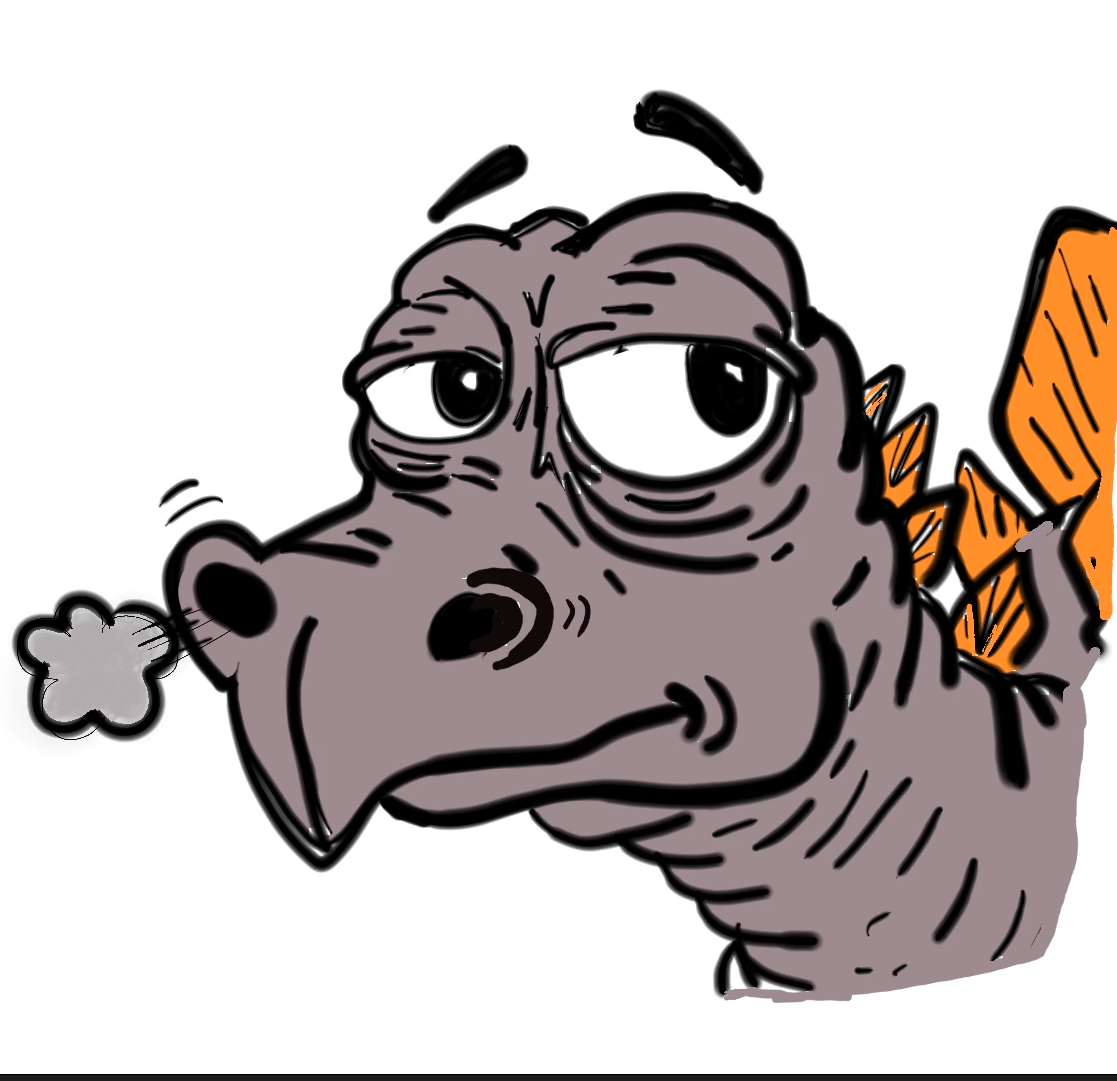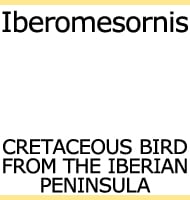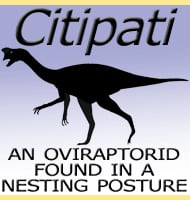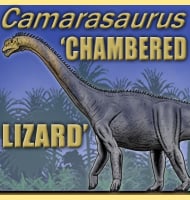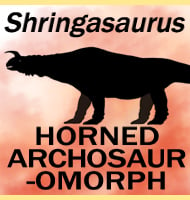In Depth
Sometimes dubbed the ‘Asian Iguanodon’, Probactrosaurus is no way near as well-known as its older and far more famous relative (which was actually the second dinosaur genus named, and the first one named that ate plants). At roughly five and a half meters in length Probactrosaurus was actually quite small when compared to its other relatives, some of which grew to around twice this size, and larger. Like them, Probactrosaurus would have been a primarily quadrupedal dinosaur that still had the ability to rear up and walk around on just its back legs for short periods at a time, especially when feeding and they had to reach up browse upon high growing vegetation that would have otherwise been out of their reach.
Two further species were once attributed to Probactrosaurus. P. alshanicus was based upon partial remains with the holotype specimen of the back of the skull eventually becoming lost. In modern times this species is often regarded as being a synonym of the type species. P. mazongshanensis, named from fossils recovered in the Gansu Province of China were later found to be more similar to other ornithopod genera such as Altirhinus and Equijubus rather than the type species of Probactrosaurus. Because this second species is now considered to be of a dubious assignment, the full name often has the genus part in quotations so that it looks like “Probactrosaurus” mazongshanensis. In the future the fossils of this species may one day be assigned to another genus.
Probactrosaurus has been considered to be related to another genus of iguanodont from Thailand called Siamodon.Further reading
- Novye igyanodonti ie tsentrallinoy Asii. Phillogeneticheskye y taksonomicheskye veaimoothoshenia poednich Iguanodontidae y rannich Hadrosauridae [New iguanodonts from central Asia], Anatoly Konstantinovich Rozhdestvensky - 1966.
- A new Iguanodontidae (Probactrosaurus mazongshanensis sp. nov.) from Mazongshan area, Gansu Province, China, J. lu - 1997.
